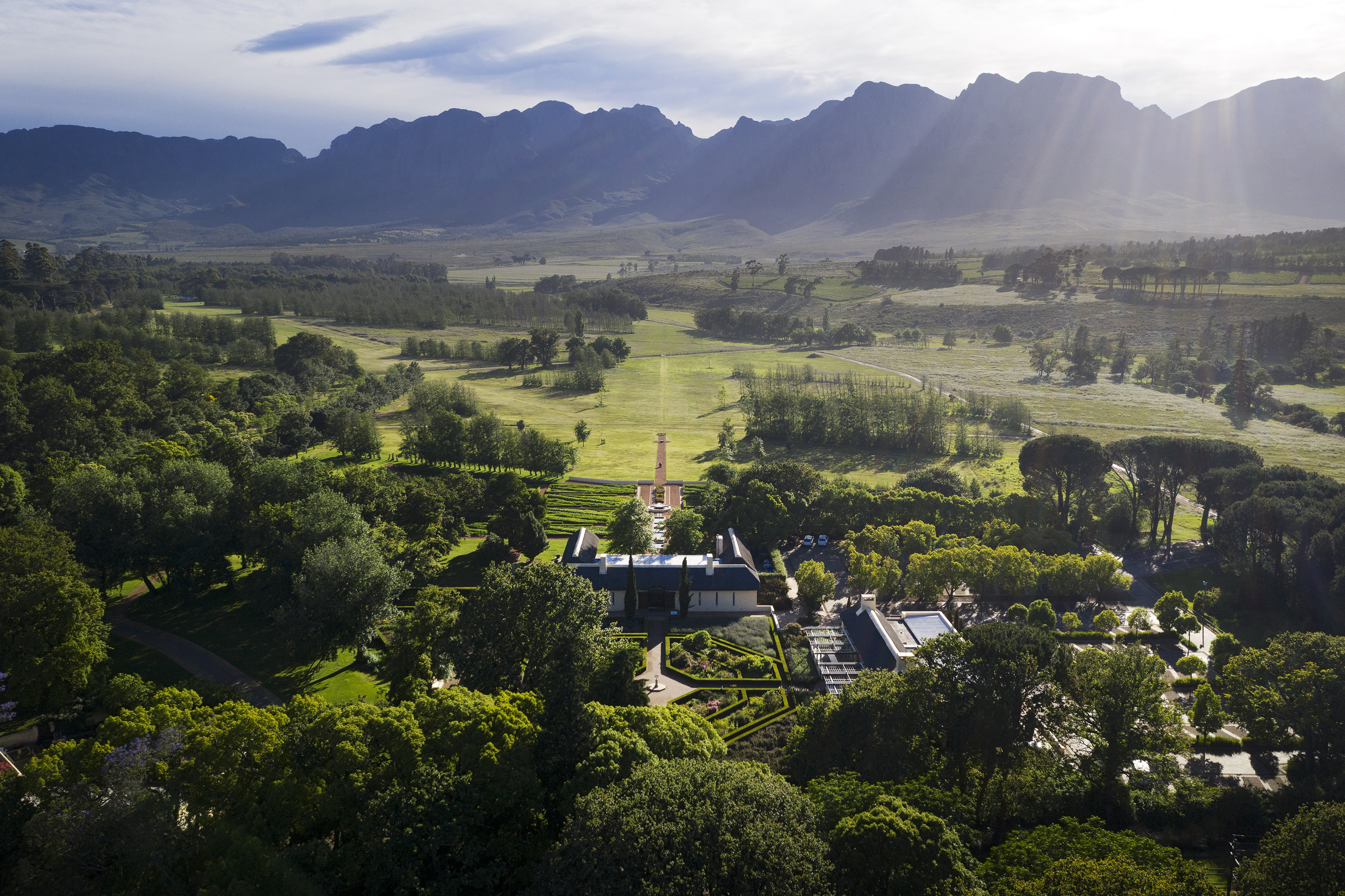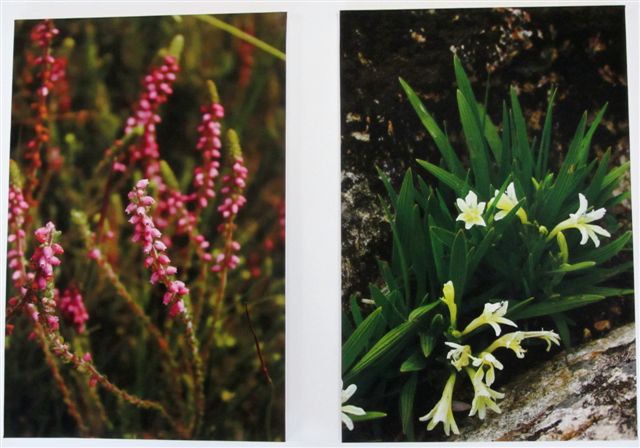Celebrating Biodiversity
With International Biodiversity Day falling on 22nd May, it’s an appropriate time to re-visit some of South Africa’s Conservation Champions.
The Biodiversity and Wine Initiative in partnership with the World Wildlife Fund, was founded in 2004 with two categories of membership: BWI Champion & Member. The former, now known as Conservation Champions, are considered environmental leaders in the industry, making a significant contribution to preservation of endangered natural habits in which they farm.
I asked a few for their thoughts on the benefits of being a Champion; whether it has helped their wine and their conservation goals.
A clear message coming through is that membership assists consumer perception of the brand, either in the seriousness of commitment to biodiversity and other natural assets, or as Waterkloof’s Estate Manager, Christiaan Loots says; ‘It indicates to clients our vision for sustainability extends beyond vineyard practices.’ Vineyards are, of course, important, as Vergelegen points out; ’40 to 60-year old vineyards in great condition lay a foundation for future winemakers.’
 Image on the left: Vergelegen Estate
Image on the left: Vergelegen Estate
If being a Conservation Champion benefits perception of the brand, there is also a benefit for the wines themselves, even indirectly, when water is the focus, as confirmed by Julian Johnson, co-owner of Vondeling; ‘Discipline regarding water usage and hygiene has improved wine quality and cellar efficiency.’ Peter Finlayson, Bouchard Finlayson Cellarmaster adds; ‘Water management in our vineyards has a direct impact on wine quality. Protecting fynbos allows a slow release of water flow off the mountain, which is more evenly dispersed.’ Fynbos also acts as host to the natural predators; they breed and build a strong population on Waterkloof, thus helping to keep the vines healthy.
 Image on the left: Vondeling - Erica Babiana fynbos
Image on the left: Vondeling - Erica Babiana fynbos
Conservation started long before BWI for these and other Conservation Champions; realising the value of their soil, water and nature, a programme of eradicating alien vegetation (Vergelegen has cleared an impressive 2200 ha), conservation of fynbos and allowing wildlife to prosper was already in progress. Today, they have moved on to focus on water management and green energy; Vondeling has erected two solar farms, which provide green energy during daytime. Backsberg’s Simon Back admits; ‘Our next ‘big, hairy’ goal is to be completely energy self-sufficient.’
A scourge in South African vineyards for many years has been leaf-roll virus, which hinders photosynthesis and ripening the grapes. From 1999, Vergelegen has undertaken an uncompromising approach to eradicating virused vines, marking and uprooting any every year; this not only makes economic sense but benefits wine quality, as the success of this project has proved.
It’s all very well to be a Conservation Champion and achieve so much for the environment, but to reap the full benefits, the message needs to be conveyed to the consumer. The easiest way to do this is via guided walks through the fynbos, explain the value of the Cape Floral Kingdom and the importance of sustainability. These walks have an added benefit, as Christiaan Loots explains; ‘The smell and beauty of the fynbos makes the wine tasting that much more spectacular.
- Blog by Angela Lloyd